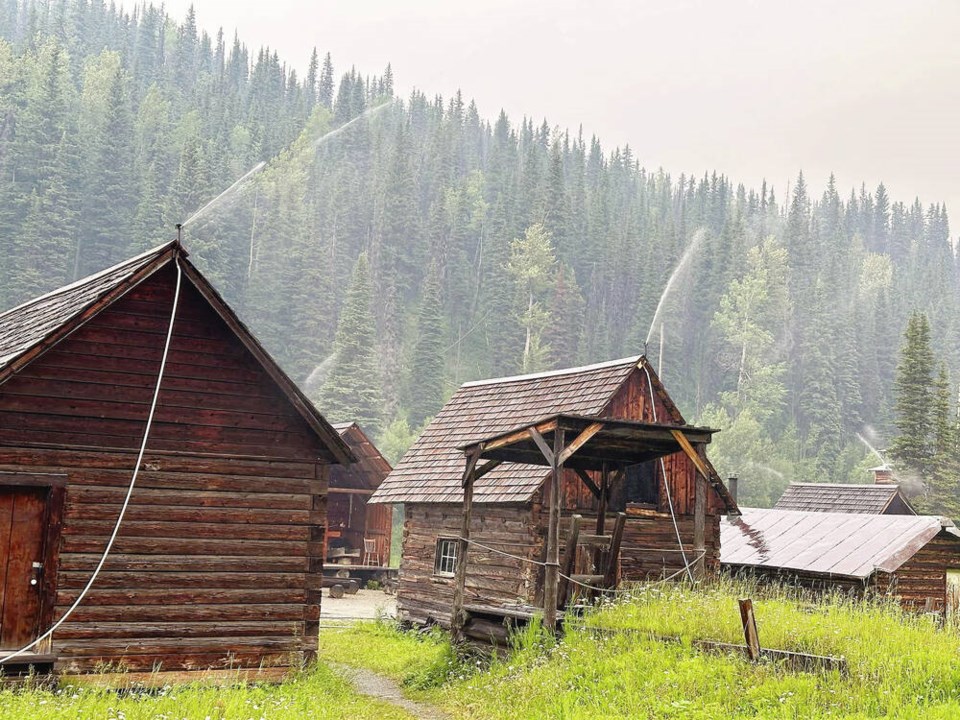A commentary by the executive director of the B.C. Museums Association.
Last week a major heritage site in British Columbia was moments away from being destroyed by a wildfire and was saved by the herculean effort of the B.C. Wildfire Service and site staff, new fire breaks, and a miraculous last-second shift in the winds.
Elsewhere in the province, art galleries and museums in central B.C. are opening their doors for free to evacuees displaced by wildfires in Alberta.
Each day museum, gallery, and heritage workers and volunteers are going to work while waiting to hear if they will be forced to evacuate their sites, homes, and communities.
It has never been a more dangerous time for B.C.’s museums, galleries, and heritage sites — and this danger takes a significant toll on the people who devote their lives to safeguarding our irreplaceable cultural heritage.
In 2023, Barkerville Historic Town and Park was open for a 100-day season and the community only had clean air quality ratings for 52 of those days.
Nearly half of their season was covered in smoke from forest fires. Museums across the province are developing protocols for how smokey or how hot is too dangerous for their staff and volunteers to work.
Not only has the B.C. Museums Association had to create a new resource that offers advice for museums on mitigating heat and extreme weather, but it is now one of the top five resources accessed on our website each year.
Ten years ago, a natural disaster destroying a museum or heritage site was relatively uncommon — something that only happened in an “unprecedented” earthquake, flood, or tornado.
Now, events that were unprecedented have become regular occurrences. Museums were destroyed in the 2018 Camp wildfires in California, 2021 Lytton wildfires, 2023 Maui wildfires, and already in 2024 two museums have been seriously damaged by summer fires in Nova Scotia and we wait to assess the damage in Jasper.
Arts, culture, and heritage workers in Canada experience the second-highest rates of stress, anxiety, and burnout of any professional in the country.
Each summer the humans who conserve our shared heritage become more and more exhausted. In a recent conversation with a museum manager at a major B.C. heritage site, they talked about the summer fire season as bringing “trauma” which neither they, nor their team, ever have the time, space, and resources to fully process.
Many arts and music festival organizers are considering discontinuing beloved events because the financial and human risk of planning these summer events is too high.
If we, as a society, want future generations to be able to learn from the past, we need to take action today to safeguard irreplaceable cultural heritage.
This action requires sustainable resources for emergency preparedness and planning, and it needs to include support for the humans who devote their lives to stewarding our shared heritage.
>>> To comment on this article, write a letter to the editor: [email protected]



